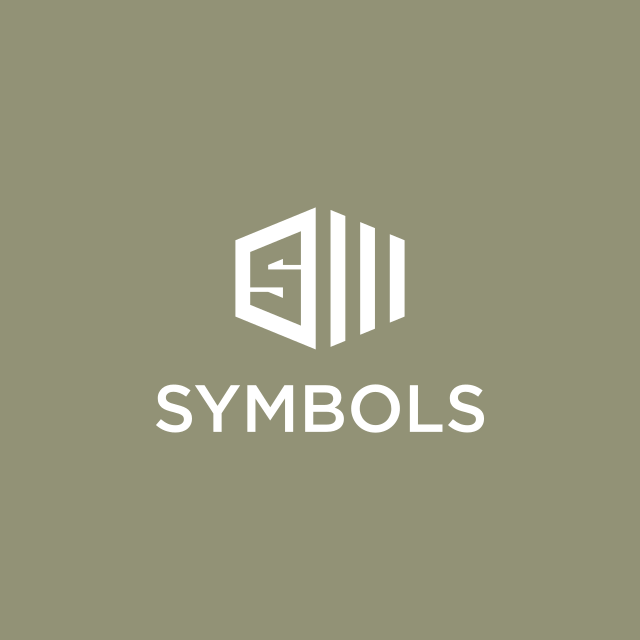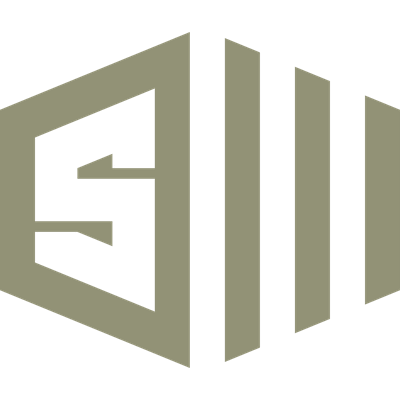Filter by category:
Filter by group:
 | Swastika Symbol The swastika (from Sanskrit svástika) is an equilateral cross with its arms bent at right angles, in either right-facing form or its mirrored left-facing form. Archaeological evidence of swastika-sha… |
 | Tursaansydän The tursaansydän (Finnish for "heart of Tursas" or "heart of octopus" |
 | Swaggstaca The term sauwastika (or sauvastika) is sometimes used to distinguish the left-facing from the right-facing swastika symbol, a meaning which developed in 19th century scholarship. |
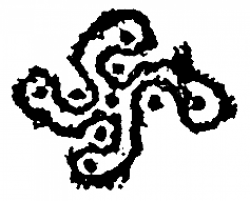 | Camunian rose The Camunian rose (or in Italian Rosa camuna) is the name given to a particular symbol represented among the rock carvings of Val Camonica. It consists of a meandering closed line that winds around n… |
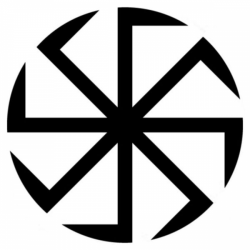 | The Kolovrat The Kolovrat (Коловрат) Swastika (Свастика) is the foremost symbol representing Rodnovery amongst East Slavic peoples and traditions. |
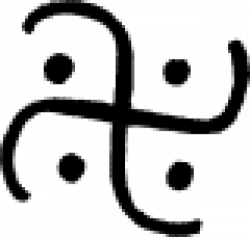 | Viascón #2 A Bronze Age carving from Viascón in Galicia, northwestern Spain. Appears to be a version of the swastika. |
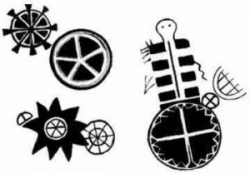 | Cross in a Circle Symbol Native American Indians were a deeply spiritual people and they communicated their history, thoughts, ideas and dreams from generation to generation through Symbols and Signs such as the Cross in a C… |
 | Arevakhach Arevakhach (Armenian: Արեւախաչ, "Solar Cross") and Ker khach (Armenian: Կեռ խաչ, meaning "Crooked Cross"), khach paterazmi (Armenian: Խաչ պատերազմի , the "Cross of War"), Vardan (Armenian: Վարդա |
 | Lauburu The lauburu or Basque cross has four comma-shaped heads. It can be constructed with a compass and straightedge, beginning with the formation of a square template; each head can be drawn from a neighb… |
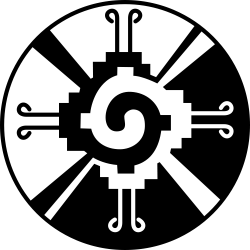 | Hunab Ku After being introduced to the concept by Hunbatz Men, who discussed this concept in his 1986 book Religión ciencia maya, Argüelles popularized Hunab Ku in his 1987 book The Mayan Factor. However, ins… |
